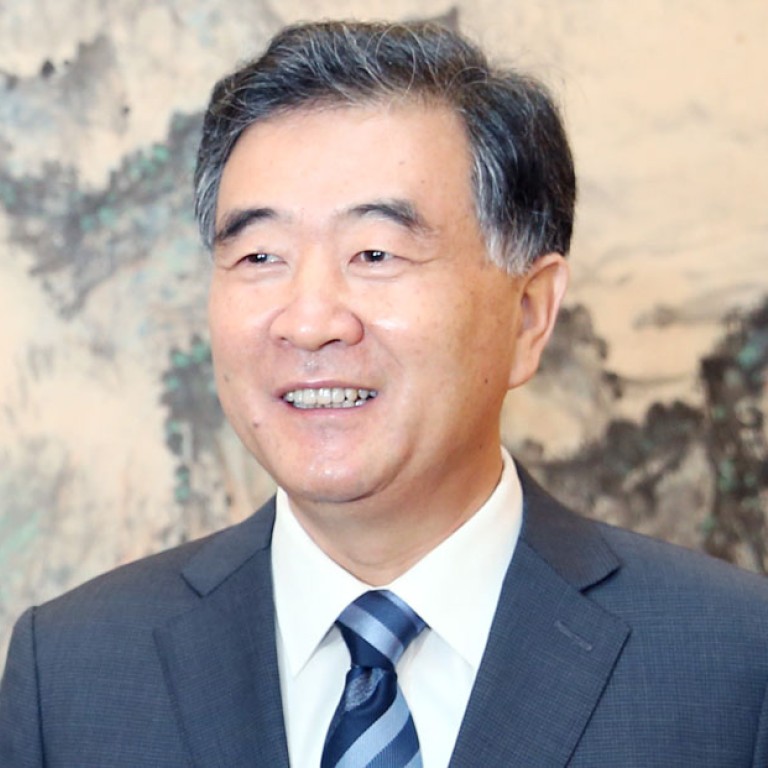
Vice-Premier Wang Yang hands warning to Japan during meeting with Tokyo governor
Wang Yang criticises PM Abe during meeting with first Tokyo governor to visit Beijing for 18 years
Vice-Premier Wang Yang lashed out at Japanese Prime Minister Shinzo Abe during a meeting with his emissary yesterday and warned that Beijing was capable of responding to any provocation.
But Tokyo Governor Yoichi Masuzoe said his landmark trip to Beijing succeeded in conveying Abe's goodwill message to improve bilateral ties.
Wang criticised Abe's government and expressed dissatisfaction with the prime minister's visit to the Yasukuni Shrine during a meeting with Masuzoe yesterday, according to reports by Xinhua and Kyodo.
Abe supported Masuzoe in Tokyo's election for governor in February.
"Wang told [Masuzoe] that China was capable of coping with any provocations and safeguarding the achievements of the second world war as well as the post-war international order," Xinhua said.
Masuzoe was also told that Japanese politicians should avoid hindering bilateral ties.
Former state councillor Tang Jiaxuan levelled similar criticisms during his meeting with Masuzoe on Friday.

Masuzoe, 65, was invited to the capital for a three-day visit by his Beijing counterpart, Mayor Wang Anshun .
Masuzoe's landmark visit, the first by a Tokyo governor in 18 years, follows a string of events that have added tension to badly strained bilateral relations.
The governor's visit came five days after Abe made an offering at the Yasukuni Shrine, where 14 Class-A Japanese war criminals are honoured. More than 100 Japanese lawmakers also visited the shrine recently.
On Wednesday, Barack Obama became the first US president to say that the Diaoyu Islands, known as the Senkakus in Japan, were covered by a 1960 security treaty between Washington and Tokyo.
The remark about the East China Sea islands, which are at the centre of a long-running territorial dispute, drew criticism from Beijing. On Friday, Beijing's ambassador to the US, Cui Tiankai , accused Washington of "taking the wrong side".
"The US-Japan alliance should not affect the interests of a third country," Cui said at Harvard University's John F. Kennedy School of Government. "Is it really up to date? Or is it appropriate for the challenges of the 21st century? I don't think such [an] alliance will help us."
Masuzoe said he did not discuss the US-Japan security treaty with Wang. "In my meetings with Chinese leaders, I said that Prime Minister Abe totally supported my visit and that he hoped Sino-Japan relations could take a turn for the better," he said yesterday.
"If this can help just a little to dispel some misunderstandings … then this will be the best thing about my visit."

